简体中文
繁體中文
English
Pусский
日本語
ภาษาไทย
Tiếng Việt
Bahasa Indonesia
Español
हिन्दी
Filippiiniläinen
Français
Deutsch
Português
Türkçe
한국어
العربية
New Zealand’s FMA Warns of Scammers Impersonating FCA and CySEC Officials
Abstract:New Zealand’s FMA warns that scammers are impersonating regulators like the FCA and CySEC to lure investors through fake investment groups on chat apps.
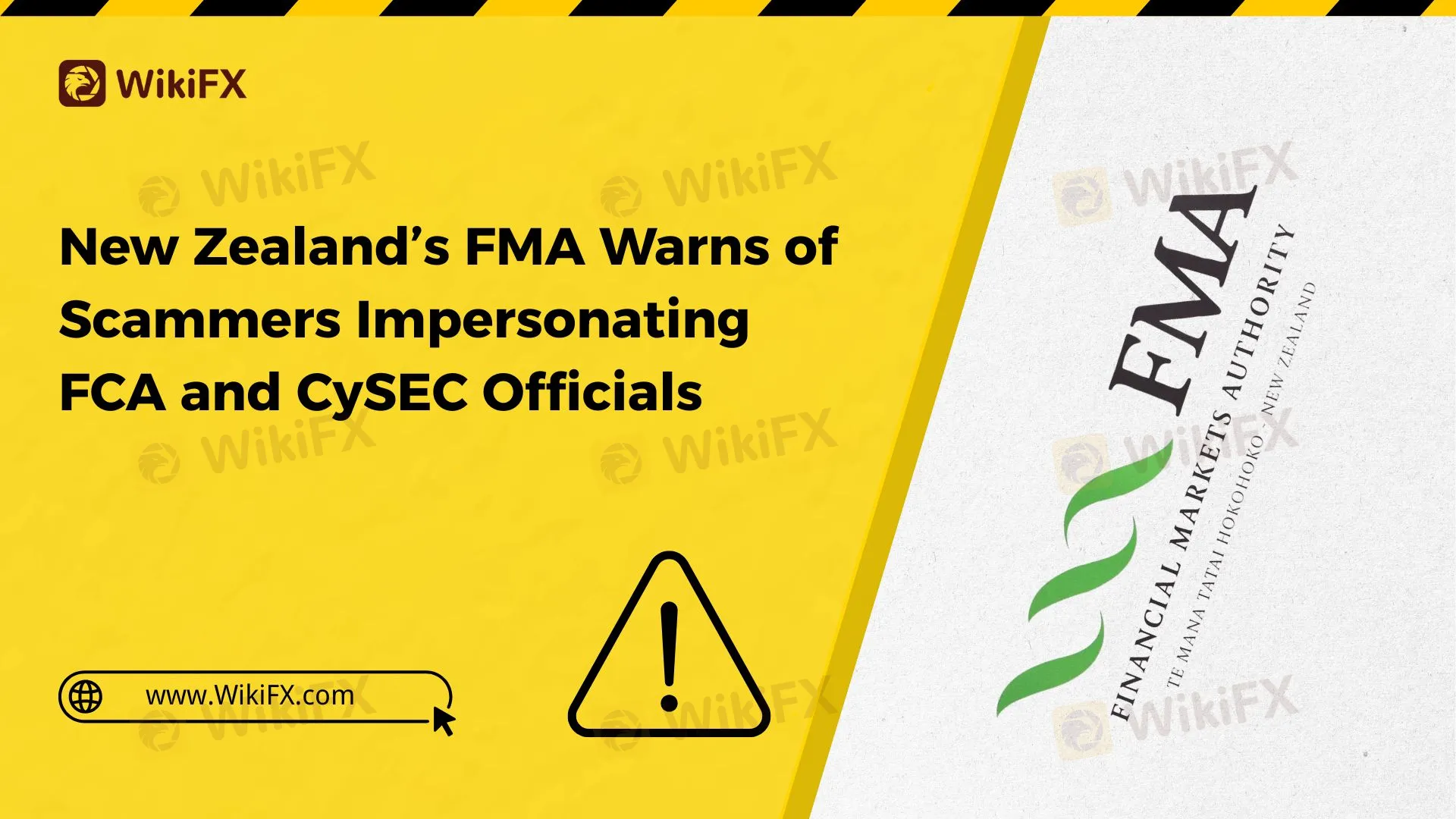
New Zealands Financial Markets Authority (FMA) has raised concerns about a growing wave of investment scams spreading through chat platforms. The regulator revealed that it is receiving a rising number of complaints from individuals who were added to online investment groups after being approached via unsolicited messages.
These scams often begin with messages sent through platforms like WhatsApp, Telegram, Facebook Messenger, and Instagram. Victims are typically invited to join groups that appear to offer investment tips or education, but are, in reality, run by fraudsters. Once inside, theyre presented with attractive—but fake—investment opportunities.
According to the FMA, scammers are now going a step further: impersonating representatives from major financial regulators, including the UKs Financial Conduct Authority (FCA) and the Cyprus Securities and Exchange Commission (CySEC). By misusing the names of respected regulatory agencies, these scammers are attempting to build false credibility and lure more victims.
In some cases, individuals who had already fallen prey to scams were later contacted by fraudsters pretending to be from the FCA or CySEC, offering to “recover lost funds” for a fee. These so-called recovery scams are increasingly common and add a second layer of financial harm.
The FMA stressed: “Any unsolicited contact about investments—especially from someone claiming to represent a regulator—should be treated with extreme caution.” They urge the public not to trust unknown individuals online, no matter how professional their profiles or documentation may appear.
This issue is not limited to New Zealand. Australian regulators have issued similar warnings, noting that investment scams—particularly those involving cryptocurrency or forex—have caused hundreds of millions in losses. Other countries, such as Vietnam and Russia, have even taken steps to restrict access to platforms like Telegram over their failure to curb scam activity.
To protect yourself, always verify a company‘s legitimacy before engaging. Check their regulatory status through official sources—or use tools like WikiFX to confirm a broker’s credentials and avoid falling into the trap.
Disclaimer:
The views in this article only represent the author's personal views, and do not constitute investment advice on this platform. This platform does not guarantee the accuracy, completeness and timeliness of the information in the article, and will not be liable for any loss caused by the use of or reliance on the information in the article.
Read more
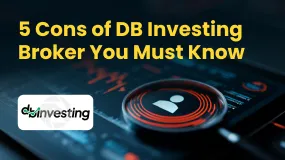
5 Cons of DB Investing Broker You Must Know
It's always advisable to read online review articles about forex brokers you are thinking to Invest your money with. The forex market has become increasingly unsafe due to the rise of fraudulent brokers. Review articles help you spot scam brokers and protect your money. Read this important article about DB Investing to stay fraud alert.
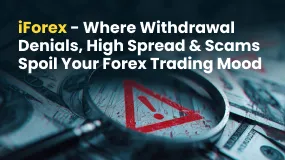
iForex - Where Withdrawal Denials, High Spread & Scams Spoil Your Forex Trading Mood
Are high spreads charged by iForex disallowing you to make profits? Do you feel that you will never be able to withdraw from iForex? It's nothing new! Read this exposure story where we have highlighted complaints from several investors.
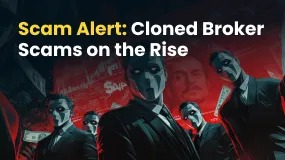
Scam Alert: Cloned Broker Scams on the Rise
Reputed authorities like the FCA have issued warnings against brokers who act genuine but are actually fake brokers. They copy details such as logos, names, branding, and sometimes even employee appearances to trick investors and steal money from them.
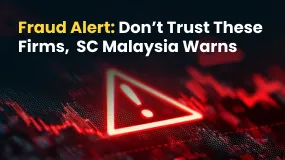
Fraud Alert: Don’t Trust These Firms, SC Malaysia Warns
Investors, Pay Attention! This is a serious warning from the Securities Commission Malaysia against 5 scam brokers operating in the forex market without a legal license. Here is the list of 5 fake brokers you must avoid.
WikiFX Broker
Latest News
What Is Forex Currency Trading? Explained Simply
LSEG Announces £1 Billion Share Buyback Program
Ultima Markets enters the UK and gains the FCA license
SEC Lawsuit Targets Real Estate Fraud Scheme by Joseph Nantomah
A Beginner’s Guide to Trading Forex During News Releases
Forex Hedging Strategies - Calming You Amid Market Chaos
ASIC Regulated Forex Brokers: Why Licensing Still Matters in 2025
Key Events This Week: ISM, Trade Balance And More Earnings
SkyLine Judge Community: Appreciation Dinner Successfully Held in Malaysia
Think Uncle Sam Owes $37 Trillion? It's Far Worse Than That
Currency Calculator


